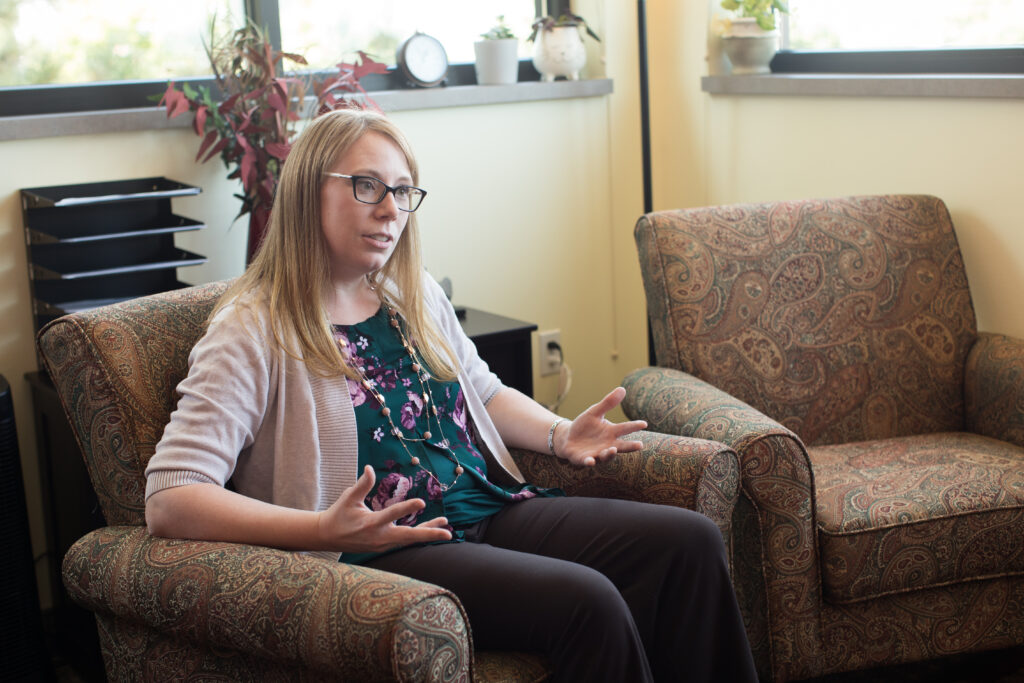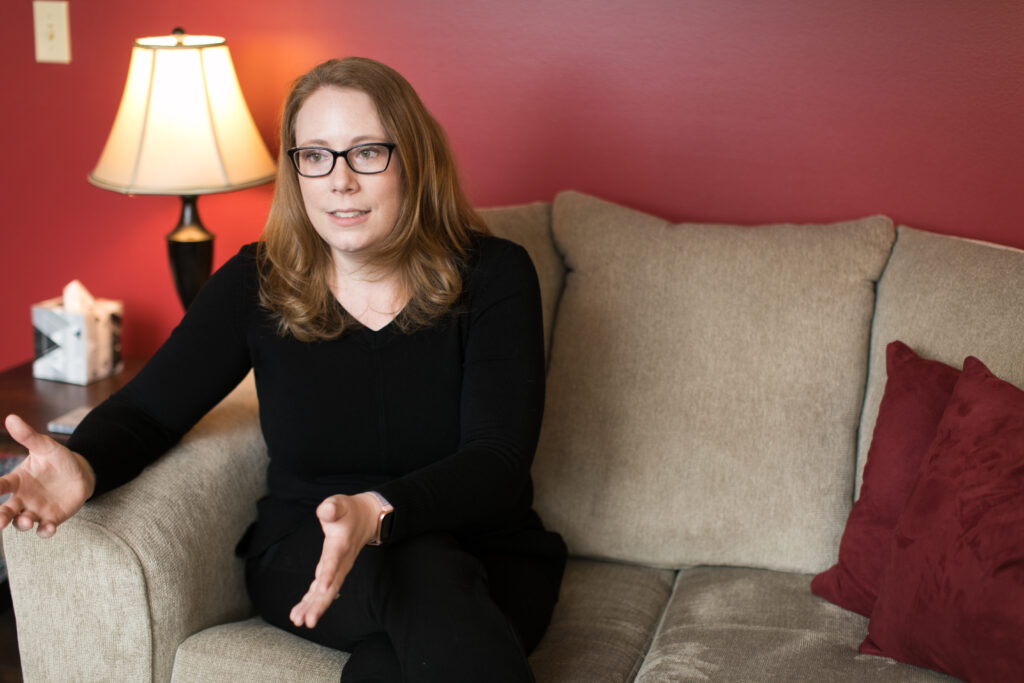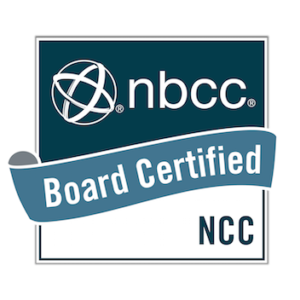
Approach to Individual Therapy
Dr. Rudd ascribes to an integrative model of therapy that strategically blends Existential, Gestalt and Humanistic psychology with a systemic perspective to ensure a clear and intentional direction to her work with clients. Therapy begins with understanding the contextual factors that shaped her client’s life. This includes review of the client’s family of origin to major life events that shaped personality development, coping strategies and relational dynamics. Dr. Rudd helps her client look at them self as a 3-dimensional person. Through deep reflection and self-discovery clients confront themself as they truly are, not the person they are unknowingly trying to be. It is in this psychologically safe and non-judgmental space where a person can make intentional and effective change in their lives.
The Therapy Process
The first session, also known as the intake session, is not therapy itself but can be therapeutic. Dr. Rudd will obtain historical information on your presenting concern, related symptoms and their general impact on your daily functioning. We will review your initial client paperwork then begin identifying historical factors that shaped your worldview and sense of self. We will set milestones for our work together to ensure we are making the best use of your time and will occasionally check-in with one another about your progress. Therapy sessions are productive and include self-reflection, awareness of change or roadblocks, confrontation of personal blind spots or rejected parts of self that contribute to acute or perpetual resistance to change.

Specialty Areas
- Anxiety
- Bipolar Disorder
- Burnout and Professional Fatigue
- Cancer
- Child and Adolescents
- Chronic Illness
- Codependency
- Death of a child
- Depression
- Family Conflict
- Grief and Loss
- Hoarding
- Infertility
- Infidelity
- Marital and Premarital
- Obsessive-Compulsive Disorder
- Pregnancy, Prenatal and Postpartum
- Pregnancy Loss
- Relationship Issues
- Self-Esteem
- Stress
- Trauma and PTSD
Modality or Therapy Approach
- Cognitive Behavioral Therapy
- Existential
- Family/Marital
- Family Systems
- Gestalt
- Humanistic
- Motivational Interviewing
- Person-Centered
- Trauma-Focused
Evidence-Based Practice Training
- Attention Deficit Hyperactivity Disorder
- Trauma-Focused Cognitive Behavioral Therapy (TFCBT Certified)
- Cognitive Behavioral Therapy + (Certified)
- Motivational Interviewing
- Eye Movement Desensitization and Reprocessing (EMDR)
- Personality Disorders
- Grief and Loss

How Therapy Ends
Dr. Rudd considers her role as a tour guide to self-awareness, personal growth and self-actualization. Some people desire this guide for only a short distance while others long for a lasting relationship that can be revisited during rough or confusing times. Depending on your preference or needs, therapy will fit your individualized needs and preferences.
